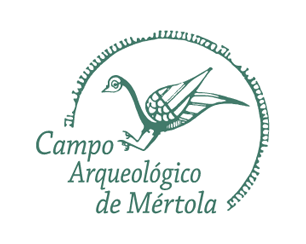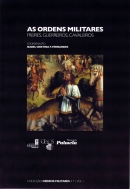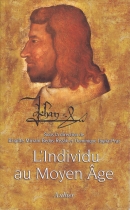ENCONTRO SOBRE ORDENS MILITARES, 6, Palmela, 2010 - As ordens militares : freires, guerreiros, cavaleiros : actas do VI Encontro sobre Ordens Militares, 10 a 14 de março de 2010. Palmela : Município, Gabinete de Estudos sobre a Ordem de Santiago, 2012. 2 vols. ISBN 978-972-8497-56-9.
“The Sixth Meeting on Military Orders ‘Friars, Warriors, Knights’ once again marked the panorama of international research and promotion of the Military and Chivalry Orders. The debate of ideas and of research results then presented now becomes accessible to the general public through this work. It assembles a collection of texts featuring the issues of religion and art, maintaining the parts devoted to historiography and memory, the powers, the social aspects and the relations between East and West”




















